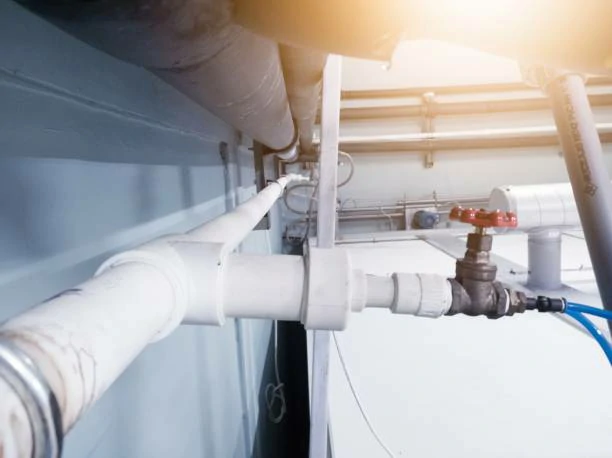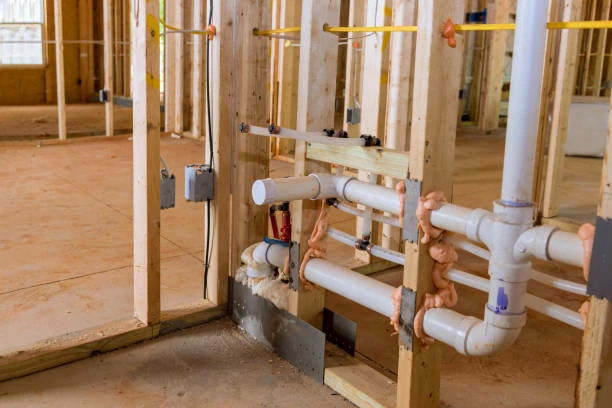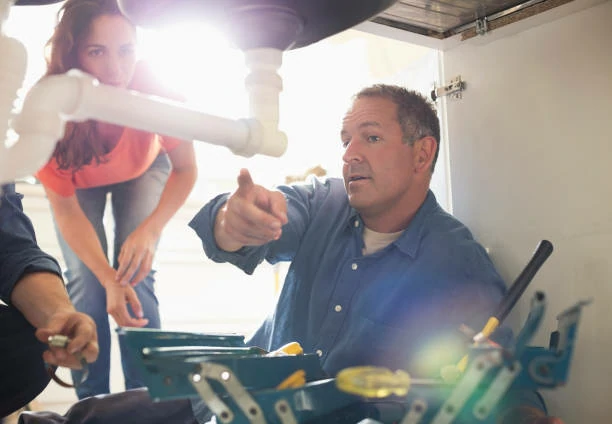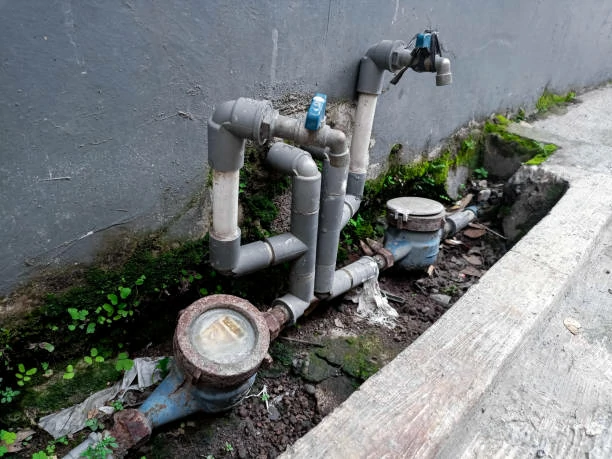Introduction
In the ever-evolving landscape of construction materials, the battle between innovation and tradition persists. High-Density Polyethylene (HDPE) pipes have emerged as a formidable contender against traditional pipes. This article conducts a comparative analysis, highlighting the key differences between HDPE pipes and their traditional counterparts, and delving into the distinct advantages that make HDPE pipes a preferred choice in the modern construction industry.

HDPE Pipe: A Modern Marvel in Comparison
1. Flexibility and Ease of Installation
Flexible Installation, Reduced Hassle
HDPE pipes boast exceptional flexibility compared to the rigidity of traditional pipes. This flexibility allows for easier installation, especially in areas with challenging terrain. The need for fewer fittings and joints further streamlines the installation process, translating to reduced labor costs and quicker project timelines.
2. Durability and Resistance to Corrosion
Battling Corrosion: HDPE’s Triumph
One of the standout features of HDPE pipes is their unparalleled durability and resistance to corrosion. Unlike traditional pipes that may succumb to rust and degradation over time, HDPE pipe withstand the test of harsh environmental conditions. This resilience ensures a longer lifespan, reducing the frequency of maintenance and replacement, ultimately saving costs in the long run.
3. Cost-Effectiveness in the Long Term
Counting the Savings: HDPE’s Financial Edge
While the initial costs of HDPE pipes may be comparable to those of traditional pipes, the long-term savings present a compelling case for their adoption. HDPE’s resistance to corrosion and its seamless installation translate into reduced maintenance expenses. Fewer fittings and joints further contribute to cost-effectiveness, making HDPE pipes a wise investment for construction projects with an eye on both quality and budget considerations.
In-Depth Comparative Analysis: HDPE vs. Traditional Pipe
1. Environmental Impact and Sustainability
Eco-Friendly Choice: HDPE’s Green Credentials
In the era of sustainable construction, HDPE pipes shine as an eco-friendly alternative. The manufacturing process of HDPE pipes generates fewer greenhouse gas emissions compared to traditional pipes. Additionally, HDPE pipes are fully recyclable, contributing to a circular economy and minimizing environmental impact – a stark contrast to traditional pipes that often end up as non-recyclable waste.
2. Resistance to Chemicals and Abrasion
Harsh Conditions, HDPE Resilience
HDPE pipes exhibit remarkable resistance to chemicals and abrasion, making them suitable for a wide range of applications, including industries with corrosive substances. Traditional pipes may falter in such conditions, leading to maintenance challenges and potential environmental hazards. HDPE’s resistance ensures a reliable and robust infrastructure in the face of demanding environments.
3. Impact on Water Quality and Safety
Preserving Water Purity with HDPE
The smooth interior surface of HDPE pipes inhibits biofilm formation and reduces the risk of contaminants. This characteristic not only ensures the purity of transported water but also contributes to the safety of the overall water supply system. Traditional pipes, with their rougher interior surfaces, may pose challenges to water quality and safety.
Conclusion:
In conclusion, the comparative analysis between HDPE pipe and traditional pipes showcases the transformative potential of HDPE in the construction industry. From flexibility and durability to cost-effectiveness and environmental sustainability, HDPE pipes emerge as a superior choice. As construction practices evolve, embracing innovation in the form of HDPE pipe represents not only a modernization of infrastructure but a commitment to efficiency, longevity, and environmental responsibility in the world of construction.
Contact:
IFAN is a manufacturer with 30 years of experience, specializing in plastic pipes, fittings, and valves in China. If you are interested in IFAN’s copper valves, PPR valves, pipe, and fittings, feel free to contact us. IFAN provides various standard pipes to meet your specific needs. Click the link below to explore IFAN’s diverse, cost-effective valve products, as well as related pipeline system products.
We will reply your email or fax within 24 hours.
You can call us at any time if there is any question on our production.
For more information,pls visit our webside https://www.ifanplus.com/
Pls Mailto: [email protected]






